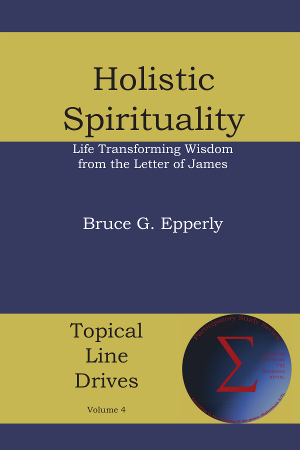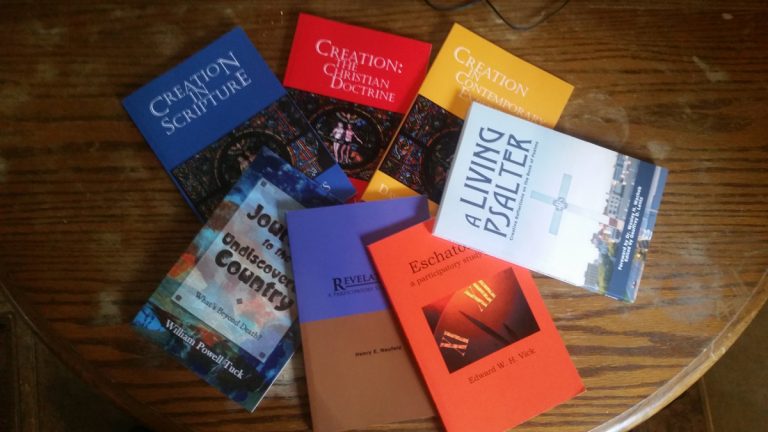Time Compression in Eschatological Texts
I want to touch on something that I encounter in conversation fairly frequently. Why is it that Christian texts applied to the coming of Jesus and to the end-times come often in the same contexts in Hebrew scripture. A good example of this is Isaiah 60-66, in which we have a mixture of texts related in Christian thought to either of these events. Isaiah 61:1-3, for example, is related to the first coming, while 66:22 is related to the second coming in Revelation 21:1. These are merely a couple of examples.
I encountered a similar issue with Mark 13, in which a number of verses refer rather specifically to the destruction of Jerusalem, yet we slide into material that appears eschatological with very little warning. I would suggest that this ambiguity is why there is so much debate over the correct interpretation of this and closely related passages (Matthew 24, Luke 21, and the whole book of Revelation). Interpreters differ because the lines are not drawn with the sort of clarity we would like.
Today my devotional reading included a passage that I think illustrates this telescoping, so to speak, of multiple events. It seems to me that what happens in each instance is that there is an immediate scene of God’s action, either in judgment or salvation, and that the immediate event and God’s ultimate judgment/salvation are brought together. Perhaps there is a type/antitype involved, but I will explore that at another time. In any case they are combined, and the view seems to be much like one might get looking at a distance.
To illustrate this, let’s suppose that there are two clouds in the distance. In my imagination, I’m on the plains around Omaha, NE, where I used to watch for tornadoes. I see one in front of me, and another larger one behind that. The one that is further away may, in fact, be much larger and much more distant, but I have no perspective to give me the time. If I describe the scene, I might confuse the two looming storms–the closer, smaller one, and the larger one at an uncertain distance.
In Isaiah 45, the primary topic is the call of Cyrus to rescue Israel (45:1ff). There is no doubt about the reference of the prophecy, because Cyrus is mentioned by name and spoken of/to in recognizable terms. Cyrus has come, accomplished his mission, and gone. In verse 23, however, we’re told that every knee will bow to YHWH, and every tongue will swear by him. That is a passage that fits much better in the eschaton than it does in the time of Cyrus, a time in which we know that no such thing happened.
I suspect that God has very little interest in informing us about the details of the end times. We are naturally curious, and we want to protect ourselves by knowing the details and thus preparing in detail for them. But the purpose of prophecy has never been to provide that sort of information. Rather, such prophecy calls one to precisely the opposite of independence–total dependence on God.

